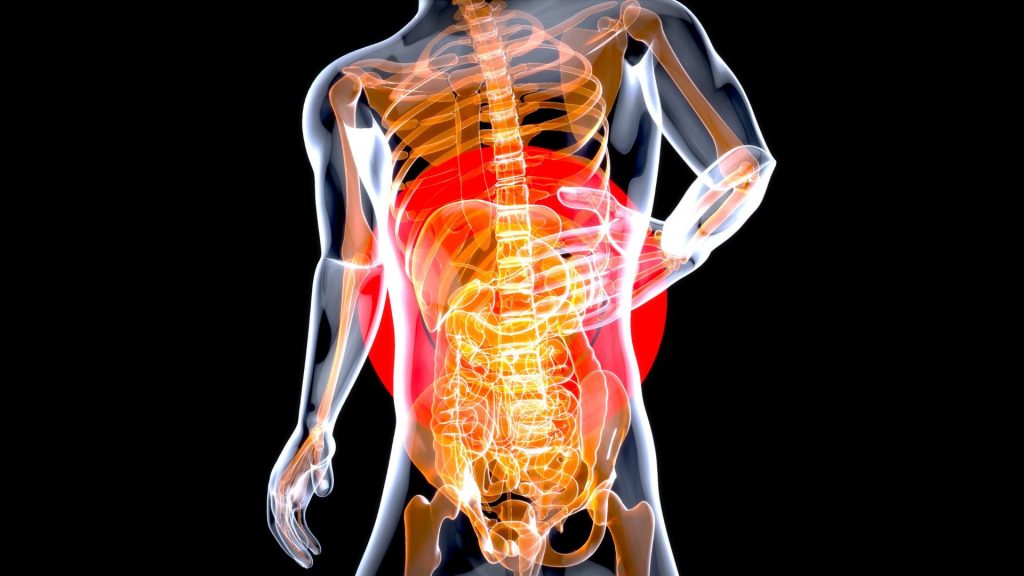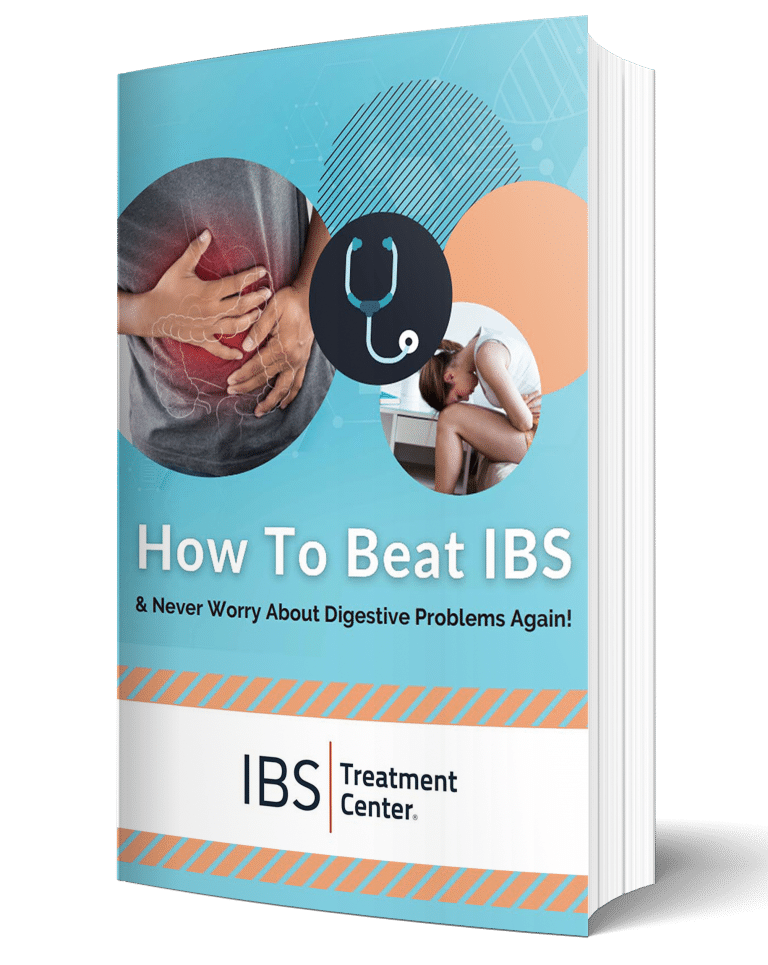Here’s what we’re going to cover
- IBS vs Gastritis
- What is Gastritis and How Do You Diagnose It?
- What are the Symptoms of Gastritis?
- What are the Symptoms of IBS?
- Why Do Most People Have Both IBS and Gastritis?
- How Do You Treat IBS and Gastritis?
IBS vs Gastritis
Is IBS similar to gastritis? Surprisingly the answer is yes. Let’s explore both IBS and Gastritis so that you can get a better idea about whether or not you have one or the other, or both.
What is Gastritis and How Do You Diagnose It?

A biopsy is a tiny tissue sample that is taken from your stomach and examined under a microscope by a pathologist. It is during this examination that inflammation may be noted in the tissue sample. This inflammation may or may not be seen with the naked eye during the upper endoscopy. But if inflammation is present, then you may be diagnosed with gastritis.
However, your doctor may also assume the presence of inflammation based on your symptoms and other test results, such as a positive test for H. pylori, one of the potential causes of gastritis. In a case like this you may receive a diagnosis of gastritis without verification of inflammation.
What are the Symptoms of Gastritis?
The symptoms of gastritis may include nausea, upper abdominal pain, bloating, or loss of appetite. Severe cases can involve stomach ulcers, vomiting blood, or weight loss.
What are the Symptoms of IBS?
IBS symptoms can also include abdominal pain, bloating, and nausea. It often also includes either diarrhea or constipation, or both. But many IBS patients only have abdominal pain.
You can see that there is a great deal of overlap between IBS and gastritis, and it’s very difficult to tell the difference between the two based on symptoms alone. And since 66% of people with IBS also have gastritis, it’s very likely that you have both conditions and not just one of them.
Why Do Most People Have Both IBS and Gastritis?
Gastritis is defined by inflammation in the stomach. IBS is defined by symptoms normally associated with the small and large intestines. But studies have shown that inflammation is also a part of IBS at the microscopic level, even though it’s long been assumed that inflammation is not a big part of IBS.3 And patients with IBS often feel inflamed.
Both of these conditions, IBS and gastritis, of course involve the digestive tract. We like to break down the digestive tract into sections so that we can better describe and understand it. But in reality, it’s all part of the same system, the digestive system. So it shouldn’t come as too much of surprise when we realize that many of the things that affect the stomach are likely to affect the small and large intestine as well, or vice versa.
How Do You Treat IBS and Gastritis?

The key to solving them is to do a deep dive into the microbiome as well as the world of food reactions. These impact the entire digestive system, not just one part of it. And exploring this vast ecosystem involves investigating hundreds of variables, most of which are not addressed by a gastroenterologist. Your gastroenterologist is an expert at performing colonoscopies and upper endoscopies, and in giving names (diagnosing) to your condition. But you may need to seek out an IBS specialist in order to understand why you have it and how to treat it.
Because there are hundreds of causes for inflammation in the digestive tract, it proceeds that there are hundreds of potential treatments, depending on the cause. Therefore you need someone to help you do the detective work to figure out the treatment that is right for you. That’s why googling the treatment for IBS or gastritis probably hasn’t worked out very well. They are giant umbrella diagnoses that are not specific enough to lead you to the proper treatment.
Don’t give up. There is hope for solving IBS and gastritis, and you should expect to do exactly that. Don’t settle for merely treating the symptoms.
Do you suspect that you have IBS and gastritis?

Dr. Wangen is the founder and medical director of the IBS Treatment Center, the award winning author of two books, and a nationally recognized speaker on digestive disorders. He has been on ABC, NBC, and Fox as well as public radio, and was named one of Seattle’s Top Doctors by Seattle Magazine.

